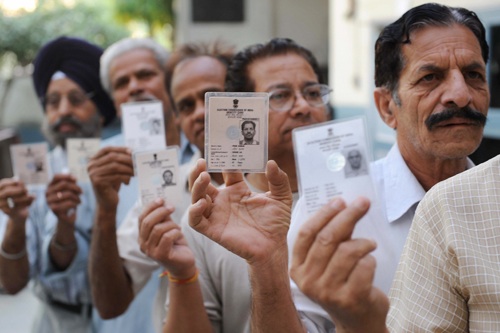
(Narinder Nanu/AFP/Getty Images)
An election of such magnitude is worth looking into…
On June 4th 2009, Asia Society will be holding a discussion forum at their New York Center, with an esteemed panel of experts who would be looking into the recent elections that commenced on the 16th of May.
India, wrapped up her 15th annual general election with a remarkable voter turnout resulting in a sweeping victory for the National Congress Party. A wave of optimism swept across the nation as the masses witnessed the swearing in of the incumbent prime minister, Manmohan Singh. The logistics of the election stunned the world as some 400 million Indians cast their votes in the hopes of improving the current gloomy aura that has enveloped the nation post 26/11 Mumbai attacks and the economy. As the advancement of technology is making the world a more smaller and “flatter” place, more and more people are voicing their opinions consequently putting immense pressure on the present political party which won the largest bloc of parliamentary seats in New Delhi, India.
The panel which includes Kanchan Chandra, Associate Professor, Wilf Family Department of Politics, New York University; Pramit Pal Chaudhuri, Senior Editor, the Hindustan Times (via teleconference) and Sanjay Ruparelia, Assistant Professor, Political Science and Faculty Fellow, the India China Institute, New School for Social Research would address and analyze the results of the election and perspective strategies the new government would adopt in order to carry out the issues and challenges posed to them.
Asia Society is looking to make this event interactive so please share your thoughts, suggestions or your analysis of the election here.
What steps do you think the government should take in order to accomplish the tasks set forth by the people on both the domestic and international front?

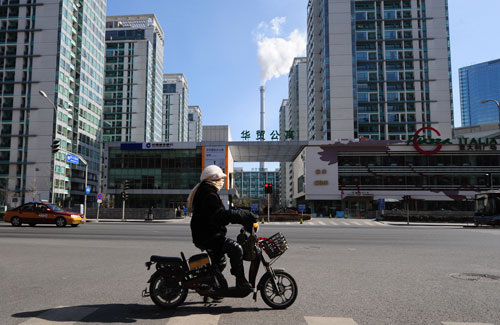
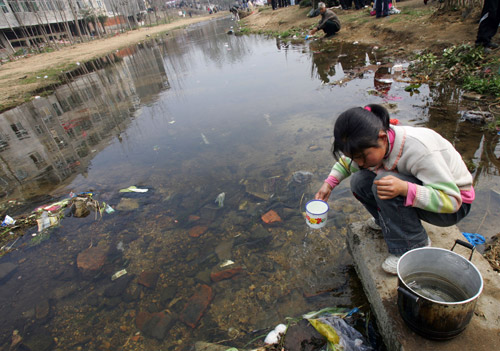
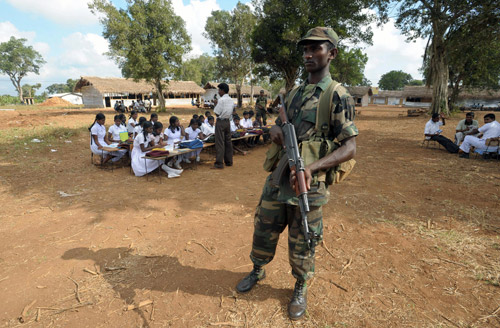
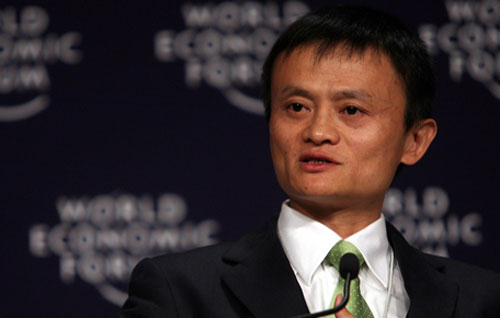 (worldeconomicforum/flickr)
(worldeconomicforum/flickr)
